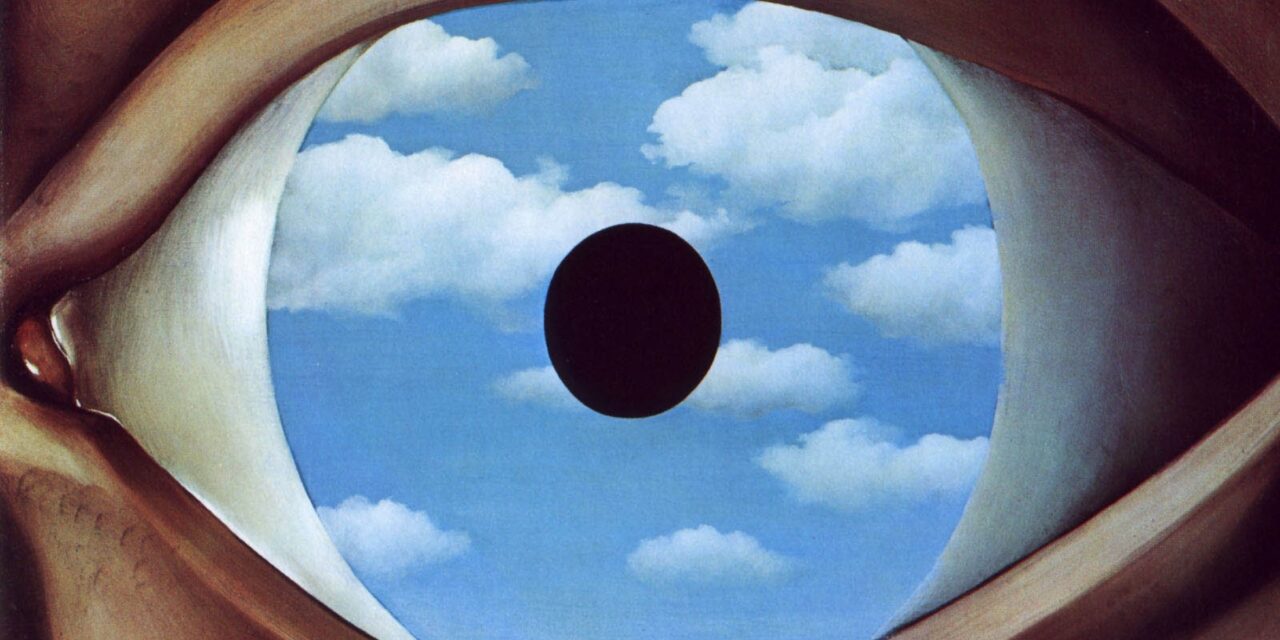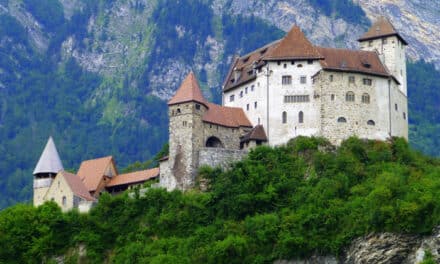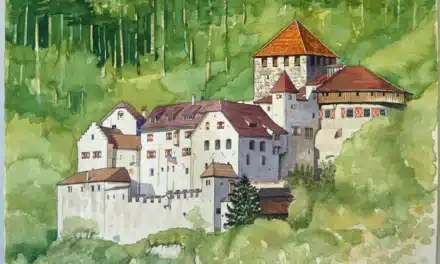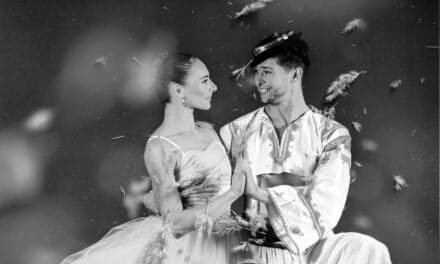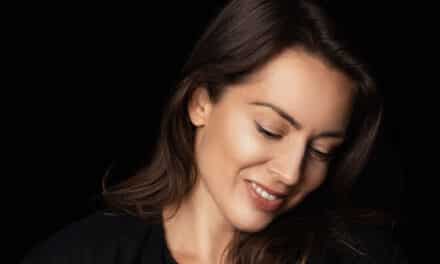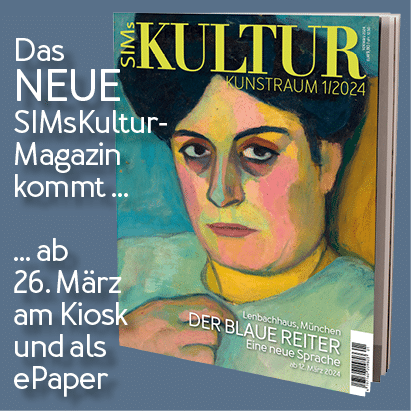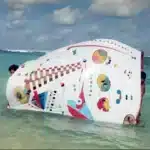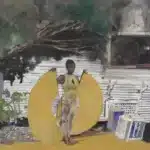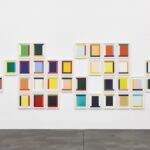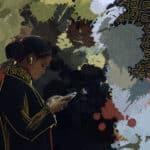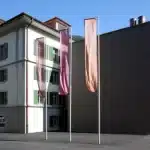The thinking of Jacques Lacan (1901-1981), together with the works of Roland Barthes, Michel Foucault, Jacques Derrida and Gilles Deleuze, is essential for understanding our modern age. All of these great thinkers have already been honored in tributes and exhibitions, but Lacan's thinking has so far received no attention at museum level.
In a text on the work of Marguerite Duras, Lacan even declared that "the artist always precedes the psychoanalyst and therefore does not have to play the psychologist where the artist paves the way for him". An exhibition about the privileged relationship that Lacan, who died over 40 years ago, had with art is therefore only logical. On display are works that he himself indexed, in resonance with modern and contemporary works that echo the great conceptual lines and signifiers of his thought.
The exhibition is to be seen and understood as a wandering between specifically Lacanian concepts (the mirror, the "lalangue", the void, the hole, the nothing, the object, the gaze, the voice, the name-of-the-father, etc.), interspersed with direct (Diego Velázquez, Hans Holbein, Salvador Dalí, Marcel Duchamp) and indirect (the encounter of these concepts with contemporary works of art) artistic references. The exhibition traces the most important stages in Lacan's life and sheds light on his relationships with the surrealists (Salvador Dalí, Diego Masson, Georges Bataille, Pablo Picasso, Dora Maar) and intellectual figures in his circle (Alexandre Kojève, Maurice Merleau-Ponty, Claude Lévi-Strauss, Martin Heidegger and many others).
December 31, 2023 to May 27, 2024

